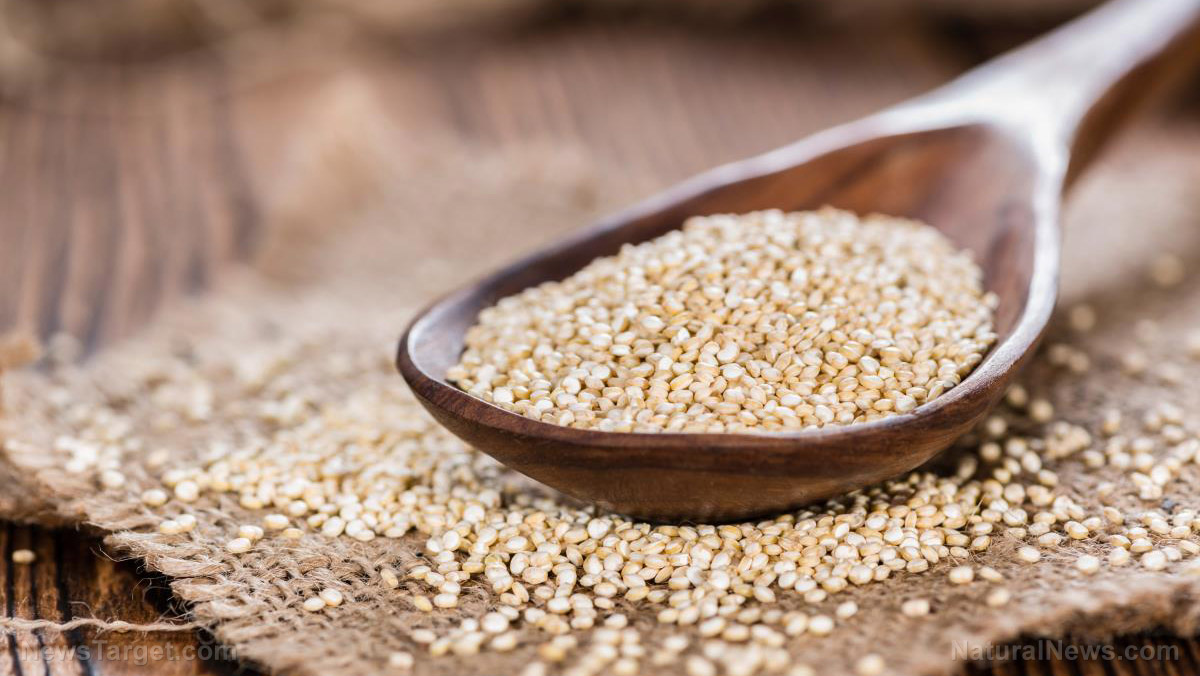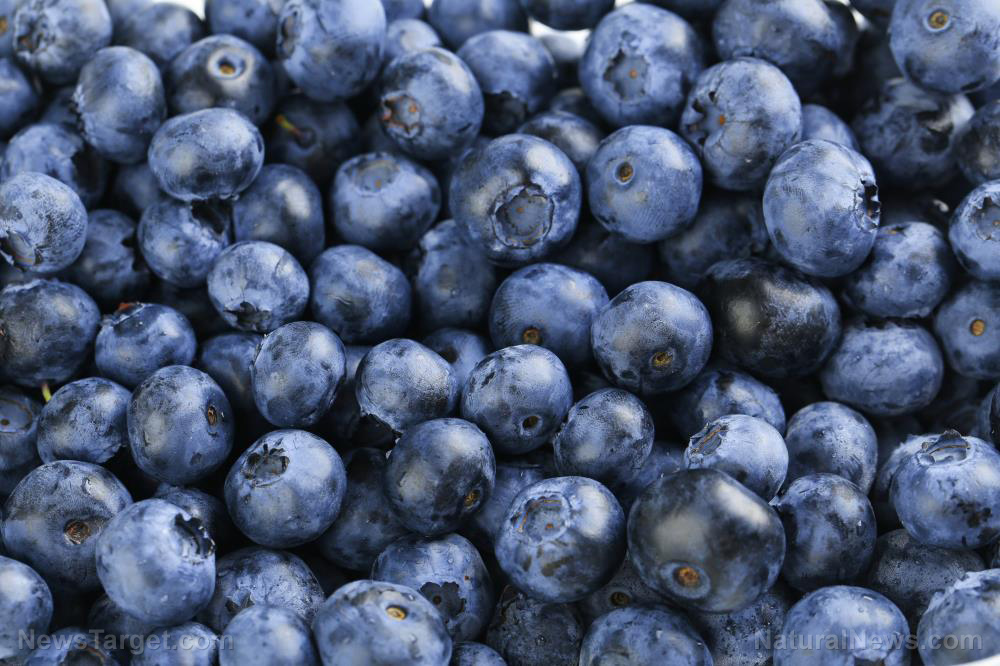Compound in lemons found to protect against epileptic seizures
07/09/2019 / By Ralph Flores

Our overall health relies heavily on the foods that we eat. In a multi-university study published in the Journal of Medicinal Food, researchers from South Korea revealed that hesperetin, a compound present in citrus fruits, can prevent seizures caused by temporal lobe epilepsy.
Understanding temporal lobe epilepsy
Epilepsy is a brain disorder that causes seizures. In the U.S., over 3.4 million people have epilepsy. Epileptic seizures occur when there is a disturbance in the brain’s electrical activity. Most of these are categorized as either focal or generalized seizures.
- Focal onset seizures start in just one part of the brain. This type of seizure can affect either a large part of the brain’s hemisphere or just a small area in the lobes.
- Generalized onset seizures, on the other hand, affect both sides of the brain at once. A well-known type of generalized seizure is tonic-clonic seizures, or what people refer to as epilepsy.
Temporal lobe epilepsy is the most common form of focal onset seizure. While features of this epilepsy may vary for each person, certain patterns are common, such as:
- Experiencing a flurry of emotions – This can be a mixture of different feelings, emotions, thoughts, and experiences, either unfamiliar or common.
- Nostalgia – A person experiencing temporal lobe epilepsy may recall a series of old memories.
- Hallucinations – In some cases, people report hearing voices or music, as well as experiencing smells or tastes – even seeing people.
The effects of temporal lobe epilepsy vary in intensity. Seizures can sometimes be really mild that a person barely notices; other times, they can cause fright, intellectual fascination, or even pleasure. What is certain, though, is that these are often impossible to describe, even for the most eloquent adult.
In their study, the researchers identified characteristic phenotypes that are present in those with temporal lobe epilepsy, such as granule cell dispersion — where granule cells in the dentate gyrus of the hippocampus are spread far apart — and neuronal inflammation in the hippocampus. Controlling the former, in particular, could be beneficial in preventing the onset of temporal lobe epilepsy, the researchers opined. Meanwhile, neuroinflammation plays a factor in the onset of seizures, based on earlier clinical trials and animal studies.
Hesperetin and its potential antiepileptic activity
The researchers looked at hesperetin, a flavanone found in lemons and other citrus fruits, mainly because it can easily pass through the blood-brain barrier and protect the brain from the adverse effects of oxidative stress.
Flavanones and other phenolic compounds are also known for their ability to provide the brain with multiple health benefits, ranging from reduced risk of age-related neurodegenerative disorders to improved spatial learning.
In vitro studies have shown that hesperetin has potent antioxidant activity and can regulate caspase-3, a protein that regulates inflammation and apoptosis (cell death). However, its effects when it comes to dealing with pathological changes caused by epileptic seizures have not been established.
To test the efficacy of hesperetin when it comes to managing epileptic seizures, the researchers used a murine model of kainic acid-induced epilepsy. Mice in the experimental group were given hesperetin a day prior to their injections. Treatment lasted until a week after injection.
The researchers observed that mice treated with hesperetin experienced a significant delay in the onset of seizure compared with mice in the control group. This suggested that the flavanone has anti-convulsant properties. In addition, the mice treated with hesperetin did not show significant changes in their dentate gyrus; hesperetin inhibited the expression of pro-inflammatory molecules that contribute to seizures.
“Our results show that hesperetin has the potential to effectively prevent hippocampal-onset epilepsy in vivo,” the researchers concluded in their report. (Related: Natural compounds in oranges may reduce risk of stroke in women.)
Learn more about hesperetin and its other health benefits at Phytonutrients.news.
Sources include:
Tagged Under: alternative medicine, anticonvulsant, brain health, brain neurons, citrus, clean food, cognitive health, disease treatments, Epilepsy, epileptic seizures, flavanone, food cures, food is medicine, fruits, functional food, hesperetin, hippocampal-onset epilepsy, hippocampus, inflammation, natural cures, natural medicine, neurons, neuroprotective, oxidative stress, prevention, remedies, research, temporal lobe epilepsy
RECENT NEWS & ARTICLES
COPYRIGHT © 2017 PHYTONUTRIENTS NEWS



















